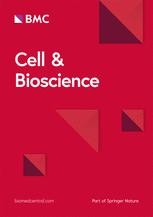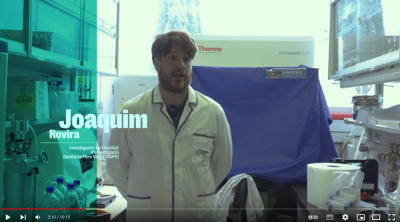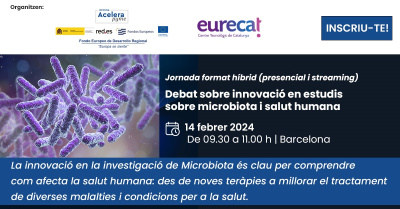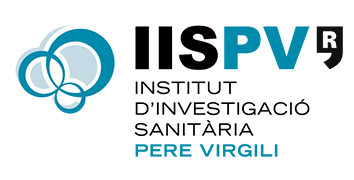News

We invite you to participate in the III Nutraceutical Days organized by the Nutrigenomics Research Group, as part of the activities of the Uriach Chair of Nutraceuticals at the Rovira i Virgili University.
The conference will take place at the Tarraconense Center El Seminari in Tarragona.
During these two days, we will explore the latest advances in the field of nutraceuticals, with informative sessions and presentations by experts. It is a unique opportunity to first hand learn about the latest research in nutraceuticals.
REGISTER FOR FREE until the next March 4, 2024.
Posted on 22-02-2024

The research team has analyzed blood samples from 192 people with mild cognitive impairment, that is, individuals with cognitive and memory problems at risk of developing Alzheimer's, users of the ACE Alzheimer Center Barcelona. The results have identified 15 small non-coding RNA molecules, present in 85% of the participants with a higher risk of developing the disease and would allow the most vulnerable patients to be diagnosed years in advance. These molecules are short chains of nucleotides that, although they contain genetic information, do not have the ability to code for a protein. Instead, they activate or deactivate other RNA molecules that do have the ability to do so.
“Small non-coding RNA molecules, together with traditional methods, have the potential to improve the prediction of Alzheimer's and its early diagnosis,” explains Laia Gutérrez-Tordera, pre-doctoral researcher and lead author of the research. Currently, Alzheimer's disease is diagnosed by clinical symptoms, which can be complemented by neurological imaging tests - such as MRI - and analysis of cerebrospinal fluid through a lumbar puncture, an invasive and uncomfortable procedure. Implementing RNA analysis into diagnostic techniques would improve the patient experience by reducing the use of invasive procedures. Better understanding the function of these molecules in the stages prior to the disease can also help design new preventive and therapeutic strategies that slow the progression of the disease and improve the quality of life of patients.
This study is part of a project funded by the Carlos III Health Institute and led by Dr. Mònica Bulló, Professor of the URV Department of Biochemistry and Biotechnology and current director of TecnATox.
Posted on 07-02-2024

The journal Sostenible have just published a report on the threat of microplastics for the environment, as seas and oceans are increasingly polluted by these polymers. Joaquim Rovira was interviewed, together with other Catalan researchers, to give a broader view of the problem and indicate some potential solutions to mitigate medium- and long-term effects of microplastics pollution.
Posted on 02-02-2024

It has been organized as a hybrid (on-site and streaming) event scheduled for Wednesday, February 14 (9:30h - 11 h). More information about the round table and the registration link can be found at:
Posted on 31-01-2024

In January 30, TecnATox organized, in collaboration with REDESSA and the Foodtech & Nutrition Hub, a new TecnATox Annual Workshop. This was special event to welcome TecnATox investigators from SUSCAPE, MINOS, ITAKA and Nutrigenomics research groups.
The Annual Workshop was the core activity of the 1st Forum on Nutrition and Technology of Healthy and Sustainable Food, with the special objetive to create an ideal environment for the collaboration between FoodTech and Nutrition companies and TecnATox researchers.
Posted on 31-01-2024

Posted on 24-01-2024





